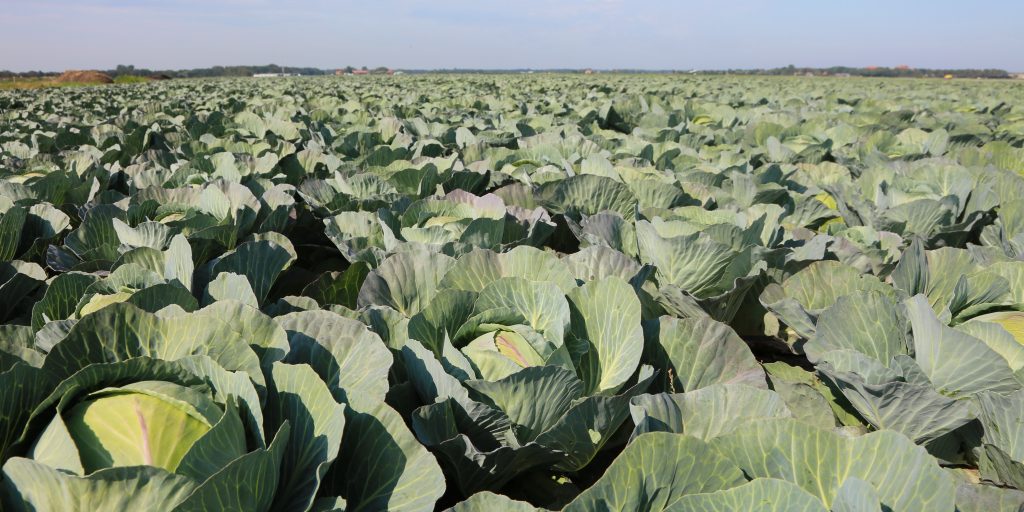By Clint Thompson
One of the largest produce farmers in the Southeast has already lost quite a bit of his spring crop and fears what the future might hold amid the ongoing coronavirus pandemic.

“We’ve left about 2 million pounds of green beans already (in the field) and about 5 million pounds of cabbage,” said Paul Allen, president of R.C. Hatton Farms in Belle Glade, Florida and chairman of the Florida Fruit and Vegetable Association. “Hopefully the (government is) going to help us some. They’ve done a good job and allocated money to help specialty crops. We’re going to need it. Here we are harvesting in Florida but we’re planting in Georgia. We don’t know what that’s going to look like.”
R.C. Hatton Farms produces 12,000 acres of vegetables and specialty crops, including sweet corn, green beans, cabbage, sugar cane and corn silage. While most crops are produced throughout Florida, some are grown in Poulan, Georgia, which is in Worth County.
Like other fruit and vegetable farmers in Florida, Allen’s spring crop was dealt a devastating blow when restaurants closed across the country and took away a substantial amount of business following concerns of the COVID-19 outbreak.
“The food service sector of our business has really taken a hit. A lot of our crops we grow, especially our beans and cabbage, we grow specifically for food service because it’s about 50% of that market. It’s been shut down,” Allen said. “The supermarkets can’t absorb that much. They can absorb some of it but just not that much.”
It’s been nearly a month since the country was turned upside down, and agriculture has been one of the sectors impacted the most. Like many other farmers, Allen didn’t see this coming at all.
“Nobody’s ever dealt with this before so how would you know? We had no idea. Hopefully it’ll get turned around. We’ll see,” Allen said. “We’re dependent on all supermarkets to buy hopefully, 100% US-grown products. If we can get 100% support, that’ll go a long way.”









